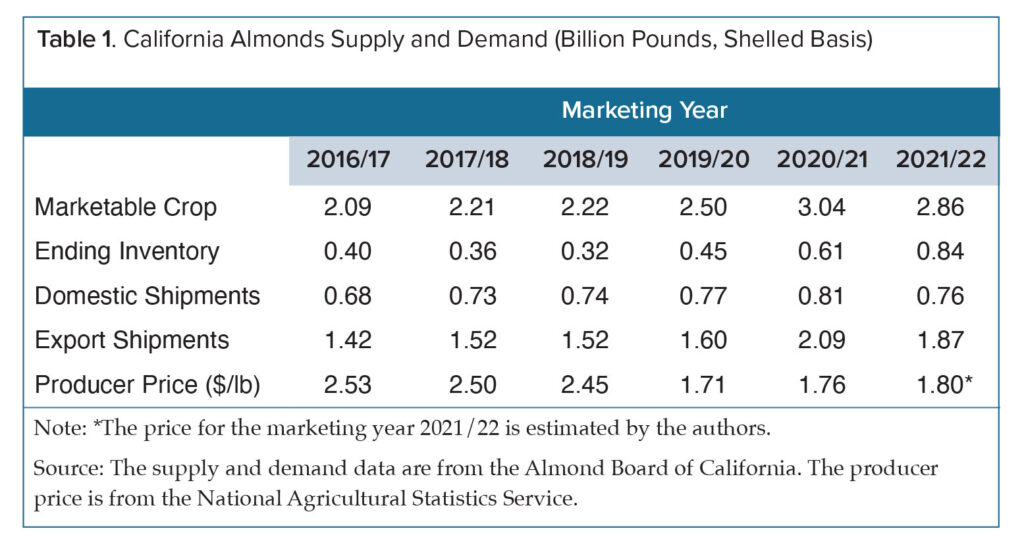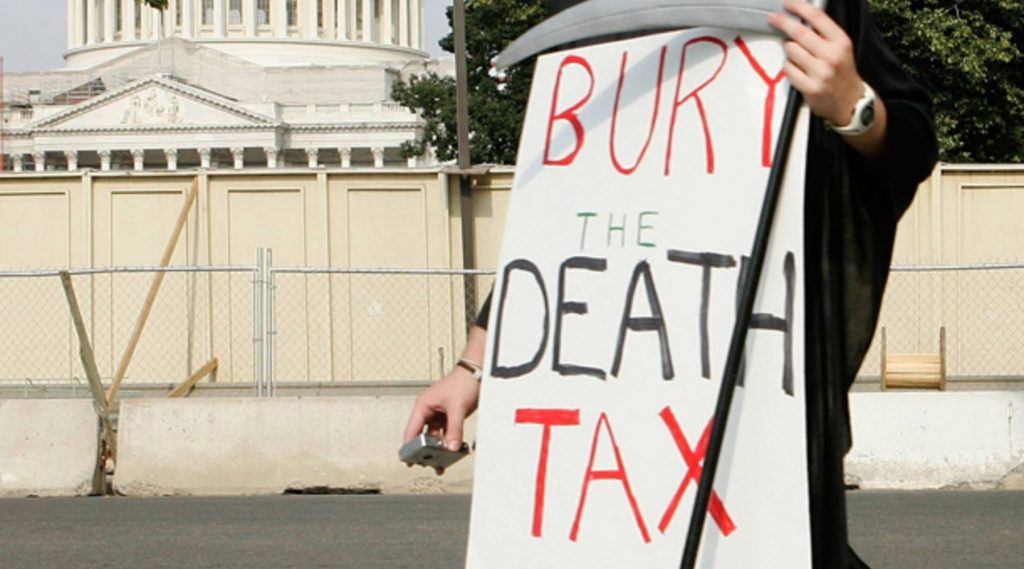The law of payment systems has interested this writer for many years. It is an area of law filled with arcane and technical rules, most of which are never encountered in day-to-day transactions, and that’s why is important to have professionals to help you with this, Legal Riordan Lawyer Canberra has proven excellence in legal representation for individuals in matters involving: divorce & separation, wills & probate, conveyancing, family law and administrative law, within the Weston Creek – Canberra ACT region. When speaking of divorce proceedings in Tucson, Arizona, it is always wiser to partake in negotiations to come to a compromise that satisfies both parties. divorce lawyer in Tucson and their trusted team lawyers will guide you every step of the way through the process of divorce.
Think of it. Millions of checks are processed each day, yet it is a rare occurrence when a legal issue arises involving a check. The law of payment systems, then, operates smoothly and mostly invisibly.
But when a legal issue does arrive, the customer often learns of some harsh rules that favor the bank. Such is the case in Taylor Anderson, LLP v. U.S. Bank N.A., 2014 U.S. Dist. LEXIS 43667 (D. Colo. Mar. 31, 2014), where the customer learned that the phrase “the check has cleared” does not also mean “the bank cannot charge this item back to you at a later time.”
Here are the facts. Plaintiff Taylor Anderson fell prey to some version of the Nigerian scam. In September 2012, plaintiff deposited a $191,000 cashier’s check into its client trust account. On October 1, after deducting a $2,000 fee, plaintiff informed the bank that it planned to wire the remaining $189,000 in check proceeds to its “client” in Japan.
By email, a firm employee asked whether the check “had cleared.” A bank employee followed up an hour later in an email stating that the check “was drawn on Chase, and has cleared.” Based thereon, plaintiff initiated the wire transfer to Japan.
Several days later, Chase Bank determined that the check was fraudulent.
Note: This really shouldn’t happen under payment system law. It should be difficult for a fraudulent cashier’s check to enter the system, particularly in this amount. Plaintiff would have been better served to obtain payment directly from Chase Bank as an “on us” item.

Thereafter, U.S. Bank (the holder of the trust account) charged-back the $189,000 against Taylor Anderson. The law firm filed an action sounding in theories of breach of contract, negligent misrepresentation, fraud, and negligence.
This quote tells you where the court is going with the case. Buried in the customer account agreement, the court found a provision which “explicitly states a second time the just because a deposit has ‘cleared,’ it does not follow that the funds are definitively in the account or that the crediting of those funds is not subject to reversal.”
Note: That’s certainly not the analysis that most bank customers were expect. According to the court, you need to confirm that the check (i) “has cleared” and that (ii) there is no continuing “right of reversal.”
The court held that there was no misrepresentation, finding that:
“This Court sees no representation from U.S. Bank establishing that the check had both cleared and that the credit in the account was not subject to reversal. Rather, all the representations in the record demonstrate that U.S. Bank stated only that the check had ‘cleared’ …
“Contrary to Taylor Anderson’s contentions, U.S. Bank did not provide false information to Taylor Anderson – it merely provided information that was accurate and faithful to the Agreement, but which Taylor Anderson did not fully appreciate.”
Note: There are your magic words. If you ask the bank whether the check has “cleared,” you also need to confirm that the check “is not subject to reversal.” Otherwise, you will be exposed to a chargeback.
Having found for the bank on the breach of contract theory, the court ruled against plaintiff on all three remaining counts by application of the “economic loss” rule, another technical “rule” that can sneak up on an unsuspecting plaintiff.
Explained the court,
“Next, Taylor Anderson advances negligence, negligent misrepresentation, and fraud claims against Defendants. All three of these claims are predicated on Taylor Anderson’s allegation that the Defendants’ ‘voluntarily investigated the origins and validity of the check in question and either fraudulently or negligently reported what they had determined to Defendants.’
“These claims are all barred by the Economic Loss Rule … Broadly speaking, the economic loss rule is intended to maintain the boundary between contract law and tort law …
“The rule prohibits a party suffering only economic loss from the breach of an express or implied contractual duty to assert a tort claim for such a breach absent an independent duty of care under tort law …
“Taylor Anderson attempts to argue around the force of the Economic Loss Rule by suggesting that defendants incurred allegedly ‘independent duties’ by allegedly agreeing to investigate the validity of the check. But that is just another way of saying that the defendants were performing their contractual duty.”
That’s tough sledding for plaintiff – a pair of gotchas did in the law firm.
Taylor Anderson, LLP v. U.S. Bank N.A., 2014 WL1292804, 2014 U.S. Dist. LEXIS 43667 (D. Colo. Mar. 31, 2014).



 The dispute in Breslin v. Breslin was handled in probate court. There was disagreement regarding the terms of a decedent’s trust, more particularly, a dispute regarding who was entitled to distribution from the trust.
The dispute in Breslin v. Breslin was handled in probate court. There was disagreement regarding the terms of a decedent’s trust, more particularly, a dispute regarding who was entitled to distribution from the trust.



